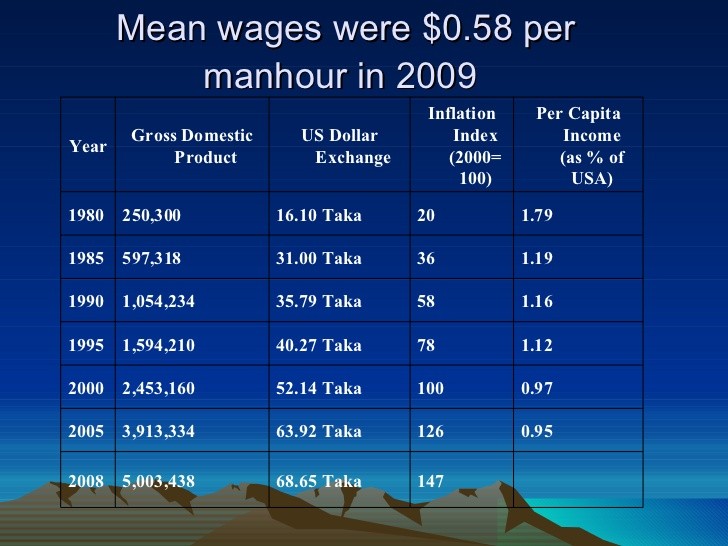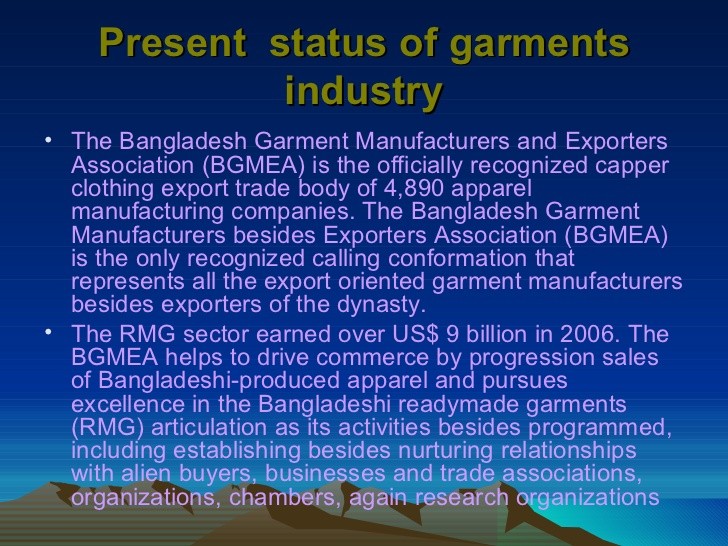ACICI AITIC Agency For International Trade Information and Cooperation
Post on: 14 Август, 2015 No Comment

Agency For International Trade,
Information and Cooperation
What Is The AITIC?
There is a Geneva based organisation known as the Agency for International Trade Information and Cooperation. This is an intergovernmental organisation that is set up to help countries that are less advantaged than others. Some countries are small enough that they are not recognized by Geneva. These countries are also sometimes so poor they cannot afford Geneva representation. They don’t know how things change when it comes to the trade industry. The AITIC helps them out by teaching them the new trade technicalities which can help the poor and less advantaged countries to be able to start up trading with other countries. Trade can be a big boost to a country. It opens doors in more ways than one and can help the less fortunate countries to get in better financial condition. By knowing all the trade rules and regulations a country is better able to start trade relations with other countries.
Every country has something that can be traded, and every country needs things in return. A country may have an overabundance of coal but not enough food. Trading with the right countries benefits both countries, but it is especially beneficial to the less advantaged countries. The AITIC can help these countries by making sure they know how to start trade negotiations and to start trading. What is wrong with this? Nothing. It is good for everyone.
Something else the AITIC does is to set up a session the same time as the World Trade Organisation does with Geneva. This is set up for the less advantaged countries to make sure they get all of the pertinent information and to also make sure the less fortunate countries understands all there is to know about trade and commerce.
There are several countries that belong to the AITIC that want to see these less advantaged countries succeed. They know if trade can be set up properly among the countries that the less advantaged countries will begin to prosper. It is their goal to make sure all of these countries learn the rules and new changes that effect trade. In this way it opens new doors for the poor and the small countries who are struggling.
When the WTO makes changes to the trade industry many less advantage countries are not informed. With the help of the Agency for International Trade Information and Cooperation these countries are informed of all changes so they can make the adjustments needed to keep trading or to start trading with bigger more prosperous countries. The officials of the less advantaged countries are basically given on-the – training to help them out.
The AITIC originally started in Switzerland but in 2004 it became an intergovernmental organisation. The seven main countries that fund the AITIC are the UK, Denmark, Switzerland, Ireland, The Netherlands, Finland and Sweden. These were the original seven to get the ball rolling with trade information to less advantaged countries. There are now 59 countries that participate in the Agency for International Trade Information and Cooperation. The countries around the world see this organisation as a very important one. Many other countries now help to fund this organisation so the work can continue. They know how important trade is to all countries not just the less advantaged.
When the small and poor countries are able to open up trade with other countries they will begin to get funds that are needed to help their people and to help the country get in better financial condition. Agriculture is a very important trade and many poor countries can trade this commodity. Since certain foods can only be grown in certain areas around the world this gives other countries the chance to grow and trade for medicine and other things they need to become self-reliant. Isn’t that the goal? Helping less advantaged countries become self-reliant will mean the AITIC is a success.
Some countries that are less advantaged or small may have such things as hand crafts, coal, manufactured items, or gems and gold to trade. In return they may need medicine and food. If the AITIC helps to teach them the rules governing trade so the less advantaged countries know how to trade the countries can get what they need by trading what they have. There are many countries that want to see these countries succeed and are beginning to help out in any way that they can. Some countries help to fund the organisation while others help teach. The more countries that get involved the better things will be for the less advantaged countries.
Trade has been around for hundreds of years and is a necessity for all countries. There will always be something that one country has an abundance of that another country will need. By trading commodities countries don’t have to worry about the financial aspect of just buying from another country. Not all countries can afford to buy products and must rely on trade. If the poor countries are taught all there is to know so they can begin the process of trading, they will be able to get what they need so desperately without having to try to come up with the funds to pay. Instead of money they can trade their goods for the goods they need.
There are many countries that are need of assistance to help their people. They may have something that other countries would like to have and are willing to trade to get it. This will give the poor countries the goods needed to help their people. As you know there are many countries where the people are starving. They may actually be able to trade diamonds and gold which many countries would like to have for such things as food and medicine. They can trade for the goods needs to start farming their own foods. Many poor countries do not know how to trade and the AITIC can teach them how to trade so they have a chance at a new beginning. The Agency for International Trade Information and Cooperation could help these poor countries get the new start they need.
Archived News:
AITIC is delighted to announce that the Separate Customs Territory of Taiwan, Penghu, Kinmen and Matsu (Chinese Taipei) has acceded as a Sponsoring Member. The instrument of accession entered into force on 21 May 2009, 30 days after having been received by the Depository of the AITIC Agreement, i.e. the Swiss Federal Council. AITIC would like to take this opportunity to thank Chinese Taipei for its commitment to contribute to AITIC’s financial base over the next five years.
With this mark of support, Chinese Taipei recognises the importance of strengthening the capacity of the less-advantaged countries to engage in more effective trade-led growth. Chinese Taipei has been a firm supporter of AITIC’s capacity building activities. In April 2007, in a joint collaborative effort, the Professional Training Programme (PTP) was launched. The PTP rapidly became one of AITIC’s most successful capacity building projects, enabling government officials responsible for trade issues to improve their competence on international trade-related technical issues. Once again, AITIC thanks the Chinese Taipei for this vote of confidence.

On 15 May 2009, a delegation from the Republic of Togo paid a courtesy visit to AITIC. Led by HE Mr Api Assoumatine, Ambassador and Inspector General of the Diplomatic Missions of Togo, the delegation also included HE Mr Tchao Sotou Béré, Ambassador Extraordinary and Plenipotentiary of the Republic of Togo, Mr. Amawusa Kodjo, Head of Division, Ministry of Economy and Finance, and Mr Sébadé Toba, Minister Counsellor, Embassy of Togo in Brussels.
The Republic of Togo announced that it was currently in the process of opening a Permanent Mission in Geneva. AITIC will support the authorities in their endeavour by putting its Non Residents’ Unit (NRU) at their disposal. AITIC’s NRU provides personalised assistance and logistical support to non-resident delegations as well as to various regional economic and trade organisations without representation in Geneva.
A delegation from the Republic of Djibouti paid a visit to AITIC on 12 May 2009. The delegation was composed of HE Mr Mohamed-Siad DOUALEH, Ambassador and Permanent Representative of the Republic of Djibouti to the WTO, and Ms Oubah Moussa AHMED, Economic Counsellor. Following its first WTO Trade Policy Review in 2006, the Republic of Djibouti is currently in the process of strengthening its multilateral trade commitments and has requested AITIC’s technical assistance.
Ambassador DOUALEH informed that Djibouti was in the process of becoming an AITIC Participating Member, following the signature of the instrument of accession by the Ministry of Foreign Affairs and International Cooperation.
AITIC briefly presented the activities it provides to countries such as Djibouti. Its assistance can consist in the organisation of seminars or training sessions all of which contribute to building the trade-related capacity of government trade officials. AITIC looks forward to welcoming the Republic of Djibouti as one of its Participating Members.
AITIC organised a Mini-course on the TRIPS Agreement which took place over two half-days on 4 and 5 May 2009 on the AITIC premises. The event aimed to reinforce the technical knowledge of Geneva-based delegates, allowing them to better understand the main provisions of the TRIPS Agreement and to participate more effectively in the WTO negotiations. This mini-course is part of AITIC’s technical assistance and capacity building activities.
AITIC, in collaboration with the Ministry of Agriculture and Cooperatives of the Government of Nepal, held a National Workshop on Notifications under the WTO Sanitary and Phytosanitary Measures (SPS) Agreement on 27 and 28 April 2009 in Kathmandu, Nepal. A member of the WTO since 2003, Nepal was one of the first two least-developed countries (LDCs) to accede to the organisation since its establishment in 1995. Given the importance of its agriculture sector, understanding the SPS Agreement and its detailed notification procedures is particularly important for this country as well as for developing countries at large.
During the two-day workshop, SPS experts provided participants with an overview of the WTO SPS Agreement and its salient features. The aim was to help capital-based government officials better understand and use the SPS Agreement. Representatives from the private sector, academia and non-governmental organisations participated. The workshop was organised within the context of AITIC’s technical assistance and capacity-building activities.














